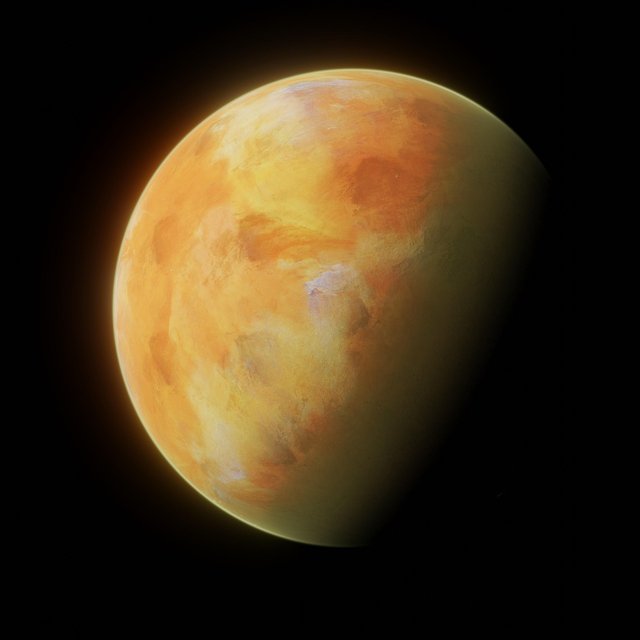Hunters of Worlds: The Science Behind Exoplanets

Pixabay
It's not just about finding new planets: it's about figuring out how these planetary systems form and what it takes for life to develop. Did you know we have rocks like this, we have gas giants like Jupiter, we have some that are very, very, very tiny and very, very, very close to their stars, and where everything is basically a lava party?
In other words, one of the most significant goals is to find planets that are in the "habitable zone," the perfect place where water is just right for liquid life, which is a critical advance for life.
The search for exoplanets is a fascinating blend of astrophysics, chemistry, and biology; by analyzing their atmospheres with spectroscopy, elements such as oxygen, methane, and carbon dioxide can be identified. This field opens up a new perspective for astrobiology, raising one of the most transcendental questions in science: are we alone in the cosmos?
This area gives us a new vision of astrobiology and forces us all to question ourselves: the notion that life could exist outside our planet, different from what we know on Earth, drives us to seek not only technological advances, but also profound answers, such as the meaning of existence and all that it entails.
Exoplanets are incredibly fascinating; They are almost the final scientific frontier, and we are only just beginning to realize that they not only expand our knowledge of the cosmos but also offer us a clearer perspective on our planet's role in the universe. The search for worlds where life and signs of it might exist is like a continuous quest into the unknown.
Bibliographic reference
Universe: The Ultimate Visual Guide by DK, 2024.
Exoplanets and astrobiology by David Barrado Navascués, 2022.